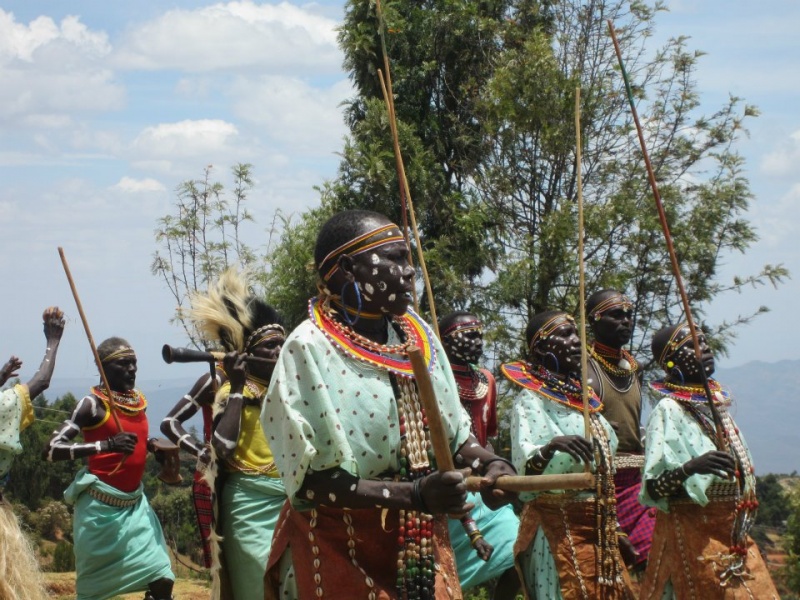Kalenjin tribe of Kenya
Kalenjin tribe of Kenya, the expression “I tell you” can be roughly translated into Kalenjin. This relatively nascent ethnic identity has been formed by a coalition of tribes that were formerly distinct but are culturally and linguistically interconnected. The name has been a crucial element in this process. The 1940s mark the origin of the name “Karenjin” and the associated ethnic identity. This clearly signifies a desire to garner political support from a broader populace.
Starting in the 1940s, individuals from these communities conscripted into the armed forces for World War II (1939–1945) began to identify themselves with the term kale or kole, originating from the practice of marking the breast or arm of a warrior who had triumphed over an opponent in battle. An announcer named John Chemallan employed the term “kalenjok” throughout radio broadcasts during the conflict (“I tell you,” plural).

Subsequently, individuals from various organizations who attended Alliance High School united to establish a club named “Kalenjin.” As there were hardly fourteen of them, they constituted a unique minority at this renowned institution, situated in a region governed by a different tribe known as the Gikuyu. The Kalenjin aimed to establish an external representation of their collective identity and unity to distinguish themselves from the Gikuyu. The freshmen, in their final year of high school, are destined to become the future leaders of the Kalenjin people. The formation of a Kalenjin Union in Eldoret in 1948 and the initiation of a monthly journal of the same name in the 1950s both facilitated the development of Kalenjin identity.
The inhabitants of Kenya, presently referred to as the Kalenjin, lacked a collective designation until the early 1950s. Before that period, academics and administrative officials frequently designated them as the “Nandi-speaking tribes.” This practice did not cease immediately upon the adoption of the common designation “Kalenjin” (cf. Evans-Pritchard 1965).
In the late 1940s and early 1950s, several Nandi-speaking communities united and chose the designation “Kalenjin,” a Nandi term that literally means “I say” (to you). Consequently, the people have emerged as one of the most distinguished ethnic groupings in Kenya. The adoption of the word Kalenjin resulted in the standardization of several Nandi dialects, which was an additional outcome of its acceptance.
